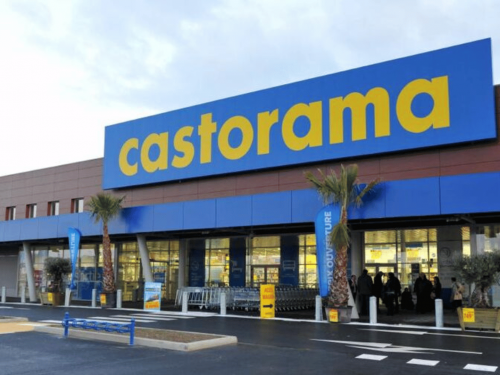Let’s face it, we’re living through an unprecedented energy war. Whereas electricity was half as expensive in France as in Germany or Italy before this inflationary context, the country is now experiencing an unprecedented rise in prices. In fact, it is facing problems caused by past political choices that were cruelly short-sighted. In short, the current crisis is seriously shaking things up. History has shown, however, that it’s in the most extreme episodes that the best can emerge. If the situation is set to last, a way out towards a new energy production model is possible.
An unavoidable situation
Despite the extension of the “tariff shield” designed to limit the rise in consumer costs, the crisis is here to stay: at the end of August, the wholesale price of electricity in France reached 1,000 euros per megawatt-hour (MWh). This surge, which affects Europe as a whole and does not spare France, is due to a combination of factors: a strong economic and industrial recovery, the war in Ukraine, which has had an impact on natural gas imports and hence on electricity prices, and last but not least, the state of the nuclear fleet (only 24 out of 56 reactors were operational on September 1), forcing France – usually self-sufficient and even an exporter – to obtain supplies from the European market.
Whatever happens, even if France regains its competitive edge and prices come down in 2024/2025 and not before, they will never reach pre-crisis levels. At best, they will plateau at around 200 euros (versus 50 in 2020). But this is only one aspect of the crisis, not to mention the tensions on the power grid that RTE believes are more than likely. What about industrial competitiveness? In the short term, this situation presents risks. There are several possible outcomes, starting with the least desirable of all: closures… Few companies will decide to invest massively in energy-saving measures. Most will opt to relocate, at best partially, or raise their prices. Wouldn’t this situation make us fully aware of our dependence on fossil fuels or on the “cheap” energy to which France has become accustomed thanks to its aging nuclear fleet?
A way out towards independence and exemplarity?
For several months now, renewable energies have been seen as resources to be exploited on a large scale. With photovoltaics and wind power, the cost of electricity is around 50 euros (but this is intermittent energy). Producing more from renewables would therefore be more advantageous, and would encourage the expansion of a virtuous circle. For this to happen, however, the electricity market needs a thorough overhaul. Governments are beginning to take a stand on this issue. “The electricity market no longer works (…). It needs to be adapted to the new reality of dominant renewable energies (ENR), because [it] was designed twenty years ago when ENR were marginal”. There has also been an acceleration of announcements on their part to facilitate the emergence of renewable energies, such as PPA contracts (mechanical guarantees with minimum prices).
To help reduce carbon emissions in the long term, there are other solutions: heat pumps, which are gradually replacing gas-fired boilers, and intelligent control systems that will make energy systems more efficient. But there are also projects dedicated to virtuous innovation, such as the smart grid applied to electric vehicles (the battery in an electric car will be used to power a building when it is not in use). Or hydrogen, to store energy produced from renewable sources. Combining these two resources would make us ultra-competitive and, above all, completely independent. What’s more, it would turn the current energy and economic model on its head.
Europe is entering a crisis and must prepare for some complicated years ahead. But it can emerge a winner and become the leader in decarbonization. Set as an example on the international stage, it will have the means to help developing countries and change the face of the world: oil will no longer have the monopoly.
Source: Electricity market reform in Europe: when CAPEX dethrones OPEX | Connaissances des énergies
PPA: Power Purchase Agreement, literally “contrat d’achat d’électricité”, is a long-term contract for the delivery of electricity between two parties, generally a producer and a purchaser of electricity (consumer or trader). (Source What is a Power Purchase Agreement (PPA)?)




